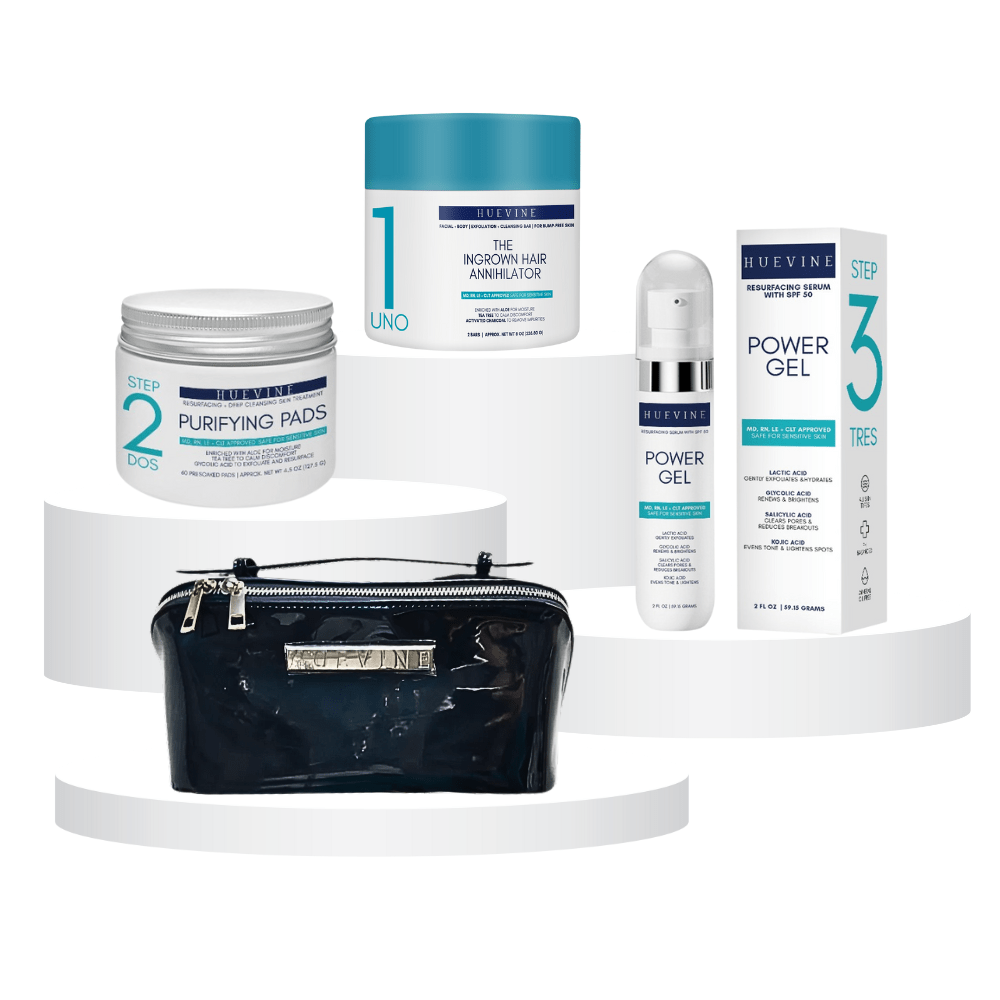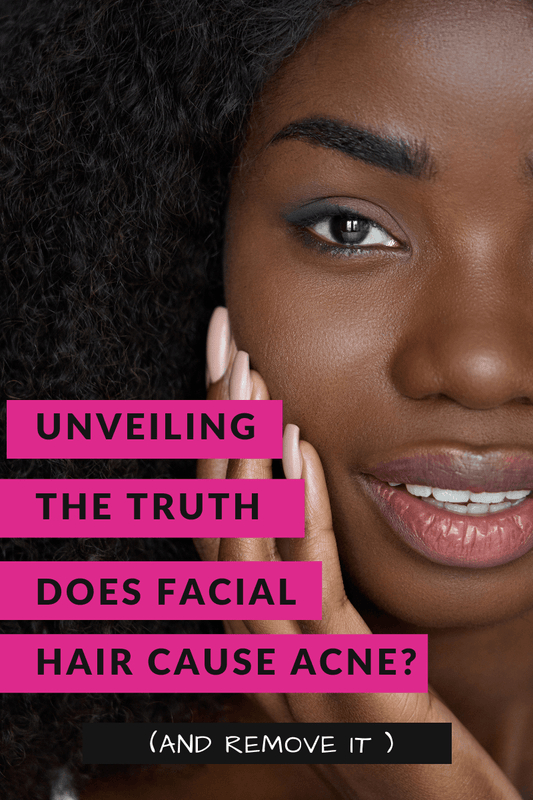If you skin is feeling and looking a bit dull, try swapping your usual moisturizers for natural oils. Because of its greasy nature, oil is has been labeled as the black sheep of the beauty world. Natural oils are the best for your skin because they mimic your skin’s sebum and help lubricate, protect and hold in moisture. Beyond their hydrating abilities, natural oils target specific skincare problems. Read more and discover which natural oil is your match.
Coconut Oil
So many women swear by coconut oil and love using it to smooth chapped lips and dry hands. Try cold-pressed virgin oils, which have higher levels of skin-beneficial nutrients than the heat-refined variety. Tip: ingesting coconut oil helps heal skin from the inside out—try using food-grade versions in salads and baked goods. Additionally, coconut oil restores dry hair. Its 12-carbon fatty acid structure allows it to penetrate the hair cuticle and help provide flexibility and strength.
Best for: Sensitive skin, eczema, dry hair
Almond Oil
Almond oil is a natural way to clear dead skin cells. You can apply the elixir to get a more even skin tone and remedy dark spots. However, take note that almond oil should not be used by those with nut allergies.
Best for: Dry, sensitive, or irritated skin
Argan Oil
This natural oil from Morocco just might be the MVP of the oil world. It’s a lightweight hydrator that softens face, body, and even hair. Rich in natural vitamin E, argan also works to lighten acne scars and other forms of discoloration. It’s extracted from the kernels found in the fruit of Moroccan argan trees, argan oil has high levels of vitamin E, omega-3 fatty acids, and antioxidants. While it first claimed fame as a savior for dry, damaged hair, the oil also works wonders on the face and body.
Best for: Fine lines, dry skin, and dry hair
Olive Oil
Olive oil — particularly extra-virgin olive oil — is a good all-around natural moisturizer and is recommended for dehydrated skin. “It’s super rich in fatty acids and vitamin E. It is similar to the oils naturally produced by our skin and so is absorbed well into the skin. It typically does not cause allergies, but because it’s a heavier oil, those with acne should avoid using it on their face
Best for: Very dry skin
Jojoba Oil
While technically a wax, jojoba oil has a chemical structure that’s very similar to our skin’s natural oils, so it’s easily absorbed. Dermatologists recommend it because it also contains such minerals as zinc and copper, and vitamins B and E, which help strengthen the skin.



